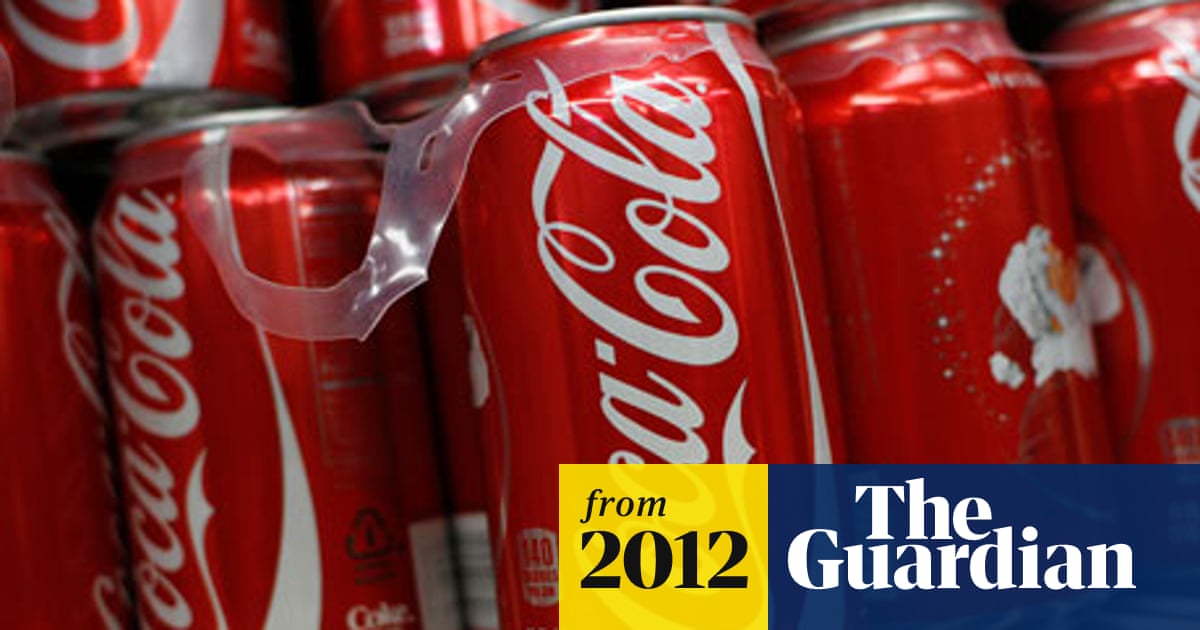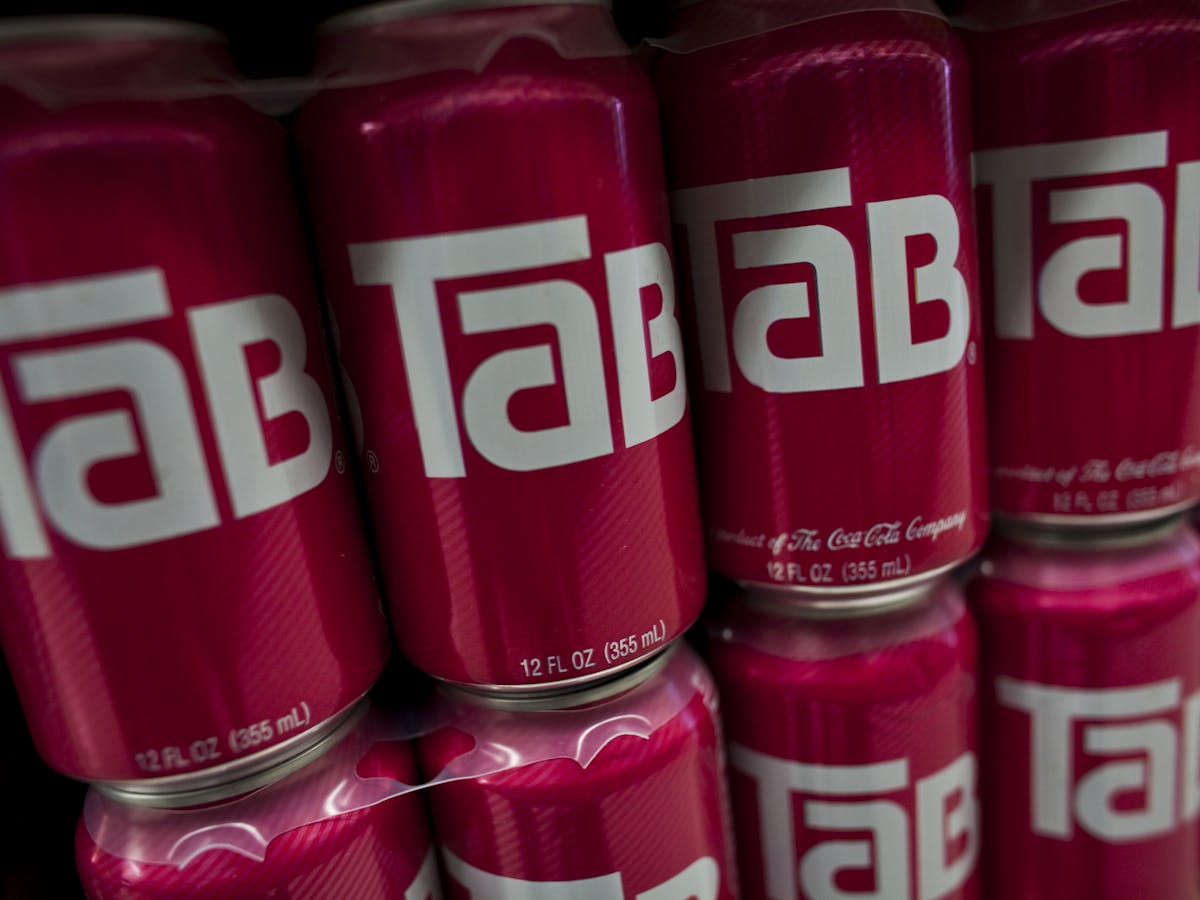Alcohol can increase the levels of some hormones such as oestrogen and insulin. Rumors and concerns about aspartame causing a number of health problems including cancer have been around for many years.
 Coke And Pepsi Change Recipe To Avoid Cancer Warning Food Drink Industry The Guardian
Coke And Pepsi Change Recipe To Avoid Cancer Warning Food Drink Industry The Guardian
There have been laboratory testings of rats directly injected with sugar substitutes such as saccharine aspartame and cyclamate.

Can coke cause cancer. The content in Diet Coke which resulted in this rumor is the artificial sweeteners replacing sugar. This compound is formed during the manufacture of some caramel colors used to darken colas and other sodas and is considered potentially carcinogenic. Has reduced levels of one of its ingredients following fears that it could cause cancer.
Research suggests that soda consumption may increase your risk of cancer. Studies of the cancer levels of workers who had occupational exposure to. For it has emerged that Coca-Cola in the US.
The nutritional value of cola or rather lack thereof should have been enough to turn you off from drinking this much soda already. But due to the presence of benzene molecules in Coca-Cola and its plastic package doctors recommend sticking to 1 can of Coke a week to reduce the risk of cancer. Well get into that shortly However Rebecca Hirsch MS CDN oncology dietitian at the Perlmutter Cancer Center at NYU Langone Health emphasizes that the studies merely show an association between cancer risk and soda consumptionnot cause-and-effect.
The main conclusion brought by these testings was the cancer developed in the rats. The group estimates the amount of 4-MI in the Coke and Pepsi products tested is causing about 15000 cancers among the US. Hormones are chemical messengers and higher levels can make cells divide more often which raises the chance that cancer cells will develop.
Dont keep sodas in your home. The results of these studies showed no evidence that these sweeteners cause cancer or pose any other threat to human health. From there scientists discovered that glucose and fructose which are found in drinks sweetened with corn syrup actually accelerated the growth of intestinal tumors in mice The Sun reports.
Researchers have found that former colon cancer patients who drank coffee regularly had lower chances of having cancer recur and the American Institute for Cancer Research notes that coffee drinkers are likely at lower risk of endometrial cancer and liver cancer. Acetaldehyde can cause damage to our cells and can also stop the cells from repairing this damage. We are not saying youll get cancer if you drink Coke every day.
That goes for both diet and regular soda. Some of the concerns about cancer stem from the results of studies in rats published by a group of Italian researchers which suggested aspartame might increase the risk of some blood-related cancers leukemias and lymphomas. Both types of soda contain artificial ingredients and chemicals.
Put simply the less soda you drink the better. Drinking a sugary can of soda a day could contribute to the growth of colon cancer tumors according to a medical study released Thursday. In the study mice susceptible to colon cancer.
It could be caused by inhalation and accidental ingestion of coal and burnt wood fumes and residue. Consuming Diet Beverages Can Increase Your Risk of Cancer In addition to the carcinogenic effects of formaldehyde the deleterious effect that diet soda has on gut immunity and the fact that artificial sweeteners promote cancer-causing obesity diet beverages can increase cancer risk in other ways. Levy shared ways that you can kick your soda habit for good.
There is more evidence that suggests soda particularly its ingredients can cause cancer. They might be affecting our health or cancer risks in ways we dont yet know about she says. In a recent analytical study published in the peer-reviewed journal PLOS ONE the artificial caramel coloring used in cola and other soft drinks may contain the potential carcinogen 4-methylimidazole 4-MEI and increase the risk of cancer.
Youre likely referring to a study reporting that up to 60 percent of Americans are exposed daily to a chemical called 4-methylimidazole 4-MEI.
